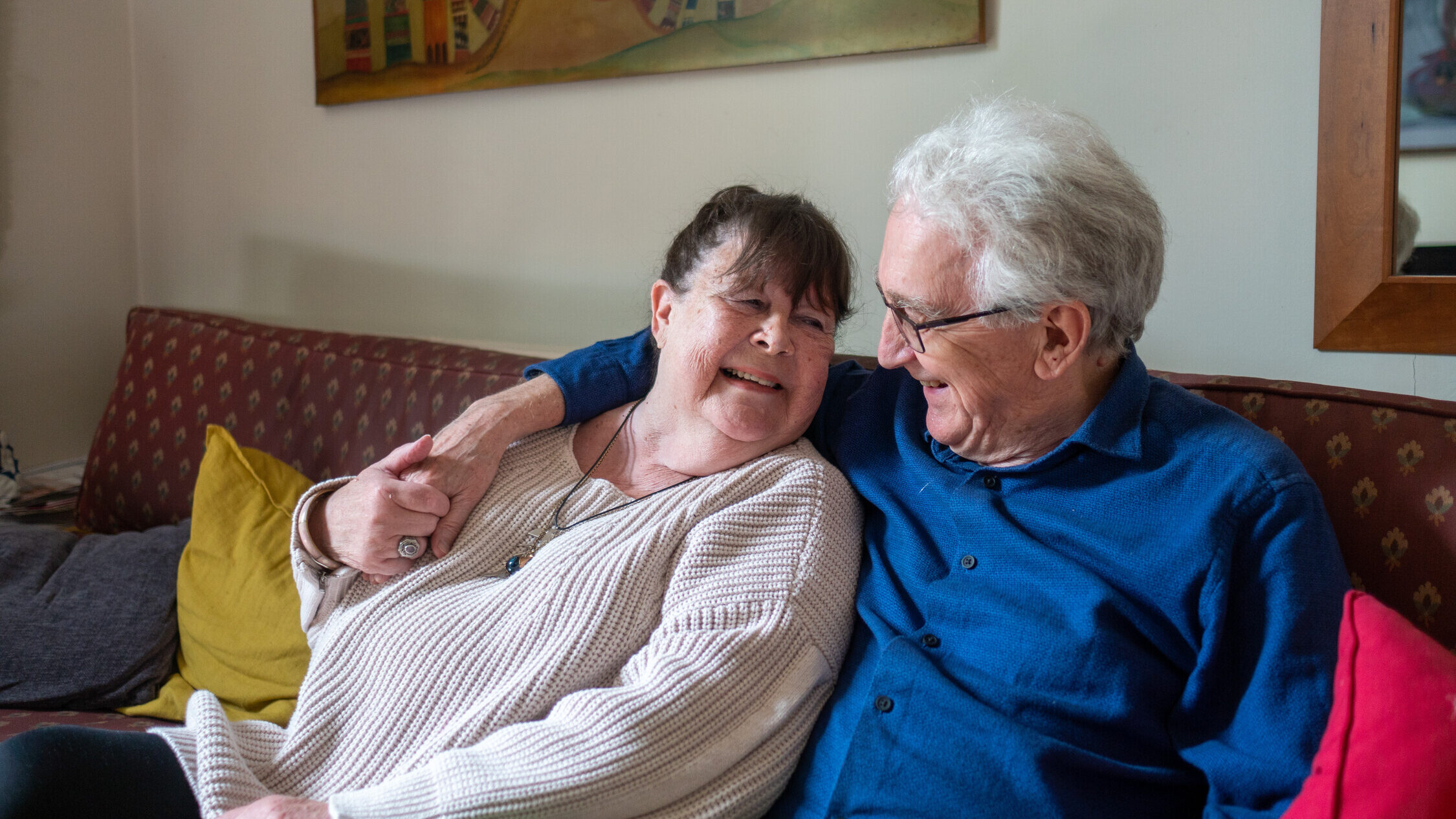
MindWell team member Gillian shares her experiences as a working carer and reflects that some people don’t realise they are an unpaid carer.
Who or what is a carer?
In the UK, there are nearly 5 million working carers, which means about one in seven workers is in this role. That could include one of your friends or a colleague who supports someone without being paid. Maybe it’s even you.
A carer, or unpaid carer, is someone who helps a family member, friend, or neighbour who has a physical or mental illness, disability, addiction, mobility issues, or is growing older and needs support. A carer isn’t a volunteer, nor are they being paid for providing this support.
You can care for a child, a parent, a partner, a sibling or a friend. Being an unpaid carer means caring for someone while also having a job. Perhaps even a full-time job.
But am I really a carer?
Not everyone likes to use the word ‘carer.’ In fact, Carers UK says that 19 million people in the UK provide care but don’t identify as carers.
One of my friends once said, “I don’t want to be my mum’s carer,” even though they were already helping their mother stay at home by managing bills, medical appointments, and prescriptions. Another friend cleans their adult son’s house, coordinates with medical staff and support workers, and accompanies him to hospital appointments. This person doesn’t see themselves as a carer but feels it’s their duty, asking, “Well, who else will do it?”
My mum doesn’t like me saying I’m her carer, but I have to say this in order to advocate for her, seek help, and find support for myself.
Taking care of carers’ wellbeing matters too
I work part-time from home and sometimes from the office. It’s a difficult balancing act to look after someone, be their emotional support, do a job and look after myself. I don’t always get it right.
Whether you’re a carer yourself or have a friend or colleague in this role, remember that unpaid carers need to take care of themselves too, not just the person they’re helping. It’s hard to care for someone else if you’re sick, exhausted, or distressed.
MindWell resources can help
Our MindWell website offers self-help resources for everyone who needs them. Here are a few ideas for carers to use or share with friends:
A great place to start is our MindWell MOT, which includes:
- a checklist to assess your energy levels, sleep, stress and how you take care of yourself
- a self-care goal setter to help you prioritise activities that support your wellbeing
- a weekly planner you can adapt to help you make time for wellbeing and self-care
You can also check out our wellbeing section with self-help resources, links to local services or groups and tips for self-care, including:
- being creative
- connecting with nature
- connecting with others
- cutting down on caffeine, smoking and alcohol
- eating well
- exercise
- mindfulness
- relaxation tools
- self-help techniques
- sleeping well
Spread the word this Carers Week
This year’s Carers Week focuses on recognising and supporting carers in the community. So, why not mention MindWell at work or share our resources on your staff well-being board? You could also send a friend a helpful link. The MindWell MOT and self-care sheets can be downloaded or easily printed, and they can also be viewed as plain-text web pages.
As a carer myself, it means a lot when my colleagues and friends understand why I can’t always participate or socialise as much as others. It’s nice when they ask about my mum and how I’m doing. So, whether you’re a carer or know someone who is, encourage them (or yourself) to take some time for self-care and wellbeing during Carers Week.
Explore the support available for carers in Leeds and in the UK on MindWell, including carer support groups.
Keep up to date
We are sending out a monthly newsletter that will tell you more about:
- News and blogs
- Campaigns
- Content updates
- Engagement opportunities including volunteering, workshops and events
- New resources
- Website developments
